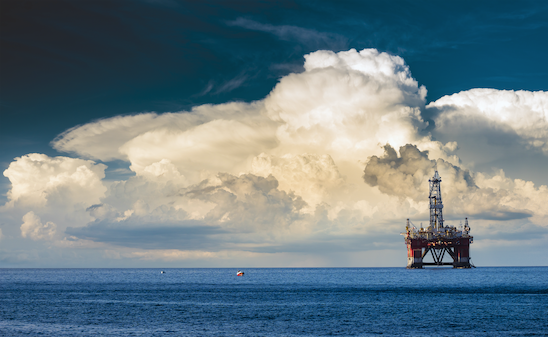Is the Gulf of Mexico becoming a new piracy hotspot?
2 February 2020
Piracy in the Gulf of Mexico has increased since 2016, targeting oil platforms and vessels operating in the oil industry. Although Covid-19 caused major disruption and challenges to many industries, pirate attacks and petroleum theft continued without disruption.
By Veronica Del Torre, Analyst intern
Corruption, organised crime and cartel activities has challenged the Mexican government since the 1960s. As organised crime groups are motivated by profits, they participate in a wide range of lucrative activities, including petroleum theft. While in the past, petroleum theft (or huachicol in Spanish) was committed by small criminal gangs ashore to provide for the basic needs of poor, small villages, today the attacks are carried out by cartels and organised crime groups who have turned to petroleum theft as their new, profitable sector.
For 75 years Petroleos Mexicanos (Pemex) held the monopoly of the Mexican oil industry, until in 2014, the Mexican Parliament decided to open the market to attract international investments. Theft involving fraud or corruption of Pemex personnel is estimated to have helped create a black market for oil which continues to operate in parallel to the official market.
The opening of Mexican oil industry to international investments and the consequent oil field expansion coincided with an increase in offshore piracy incidents reported annually to international agencies. Despite the Mexican Navy launching two patrol operations in the Bay of Campeche in April 2020, there was a spike in piracy activities against vessels. Collusion between the oil industry and organised crime, as well as the spread of Covid-19 pandemic that forced vessels into inshore areas and ports, is thought to have made the vessels an easy target for pirates.
Piracy activities are primarily concentrated in the Bay of Campeche, targeting both Mexican and international oil platforms and vessels. The piracy impact on commercial trade is severe and led the US Maritime Administration (MARAD) to issue a warning for maritime threat in the Bay of Campeche. While the oil industry might be the principal target, private boats and fishing vessels have also been targetted as anything that can be sold on the black market falls within range. The overall effectiveness of Mexican Navy patrol operations is uncertain.
As naval law enforcement operations have appeared to suppress rather than eradicate piracy, it is possible that piracy attacks will rise again in the next six months when conditions improve (e.g. the end of hurricane season). Also, the Covid-19 pandemic has worsened the economic situation of many in Mexico and it is likely that criminal activities will intensify and the black market expand.
LEARN MORE:
Want 24/7 access to unrivalled intelligence? Get a free trial of the Risk Intelligence System:
Sign up to get a two week unlimited free trial for up to five users, providing access to all incidents, assessment reports and features from vessel or desktop. Get in touch now:

